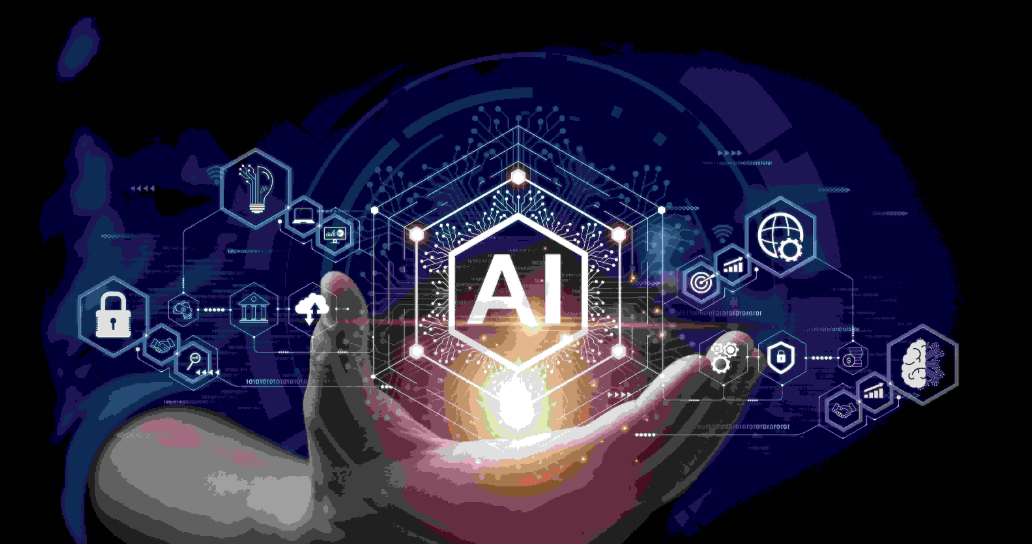
Some Clients we've worked with









.png)


& machine Learning

Development


Virtual Reality

Development

Our Certifications











For Others, It’s Just Business. For Our, It’s Personal.




Case Studies
What our clients are saying about us
“I’ve used Vertex as both “staff augmentation” and as a stand-alone resource for internet/web development or ecommerce projects. I’ve often described Vertex as a “blue collar” style agency – where they are primarily focused on solving the problem at hand – getting into the nuts and bolts of really fixing the issue…Definitely recommended as a trusted and helpful resource that can grow and scale with your company’s needs.”
“Vertex has built multiple complex platforms for me over the last 15 years. I am so grateful for their expertise, guidance, and cutting-edge technology. They are very careful and think of all the issues that we do not even imagine ourselves. Their planning, engineering expertise and communication is second to none. I hope to work with them for many years to come.”







.png)


.jpeg)

